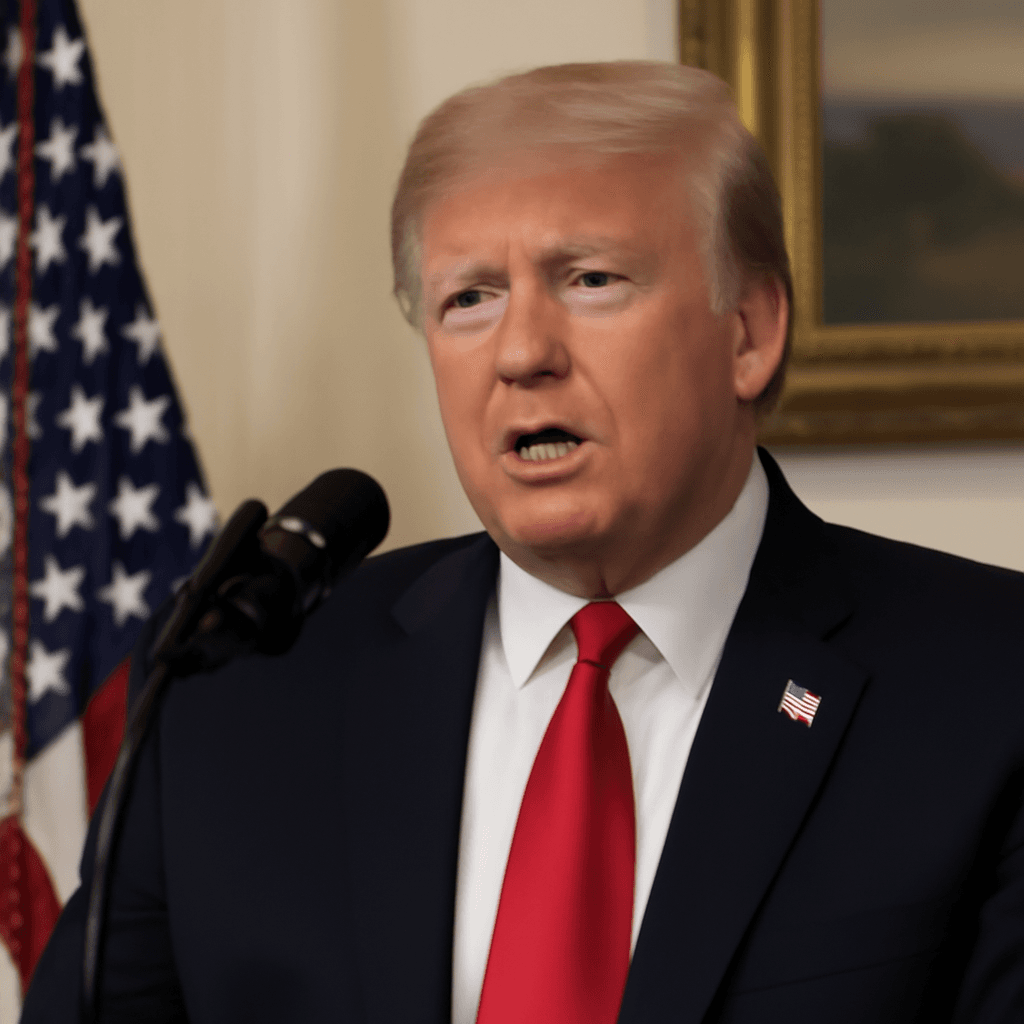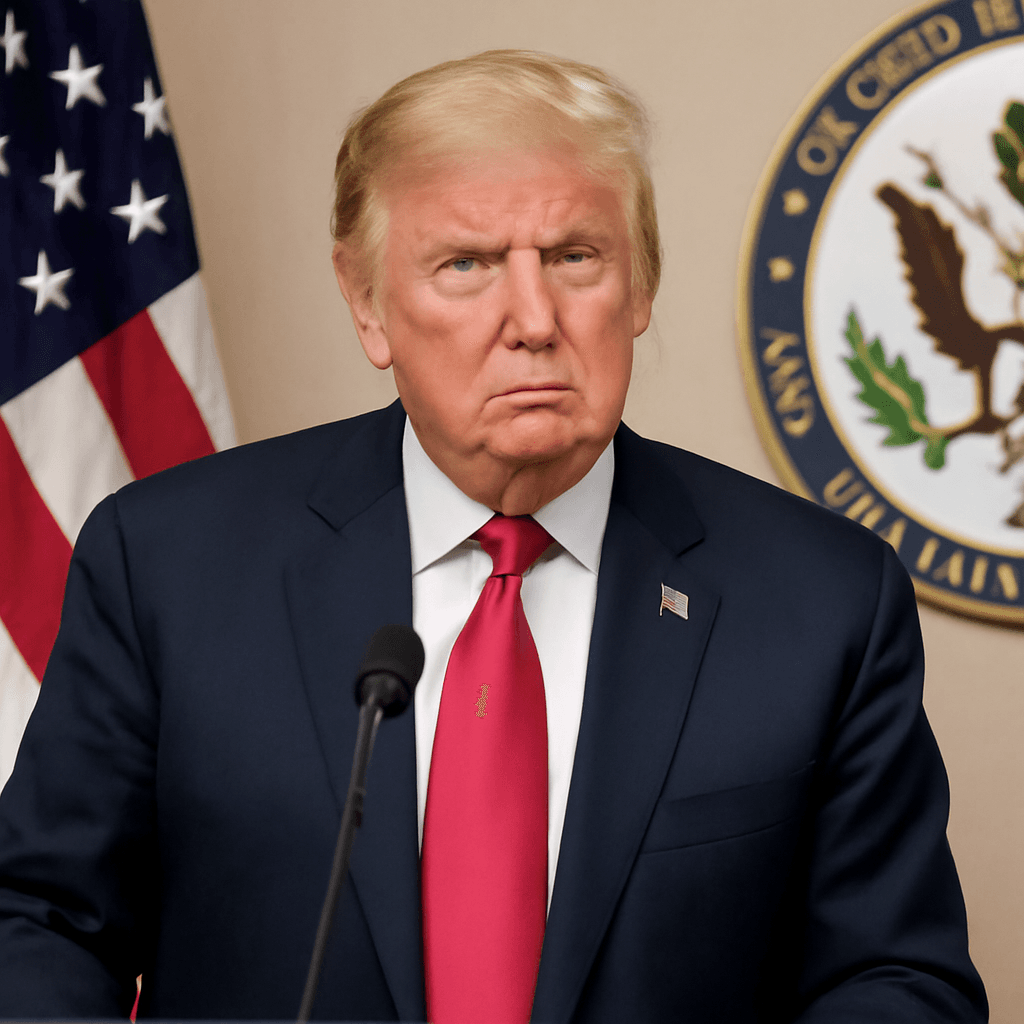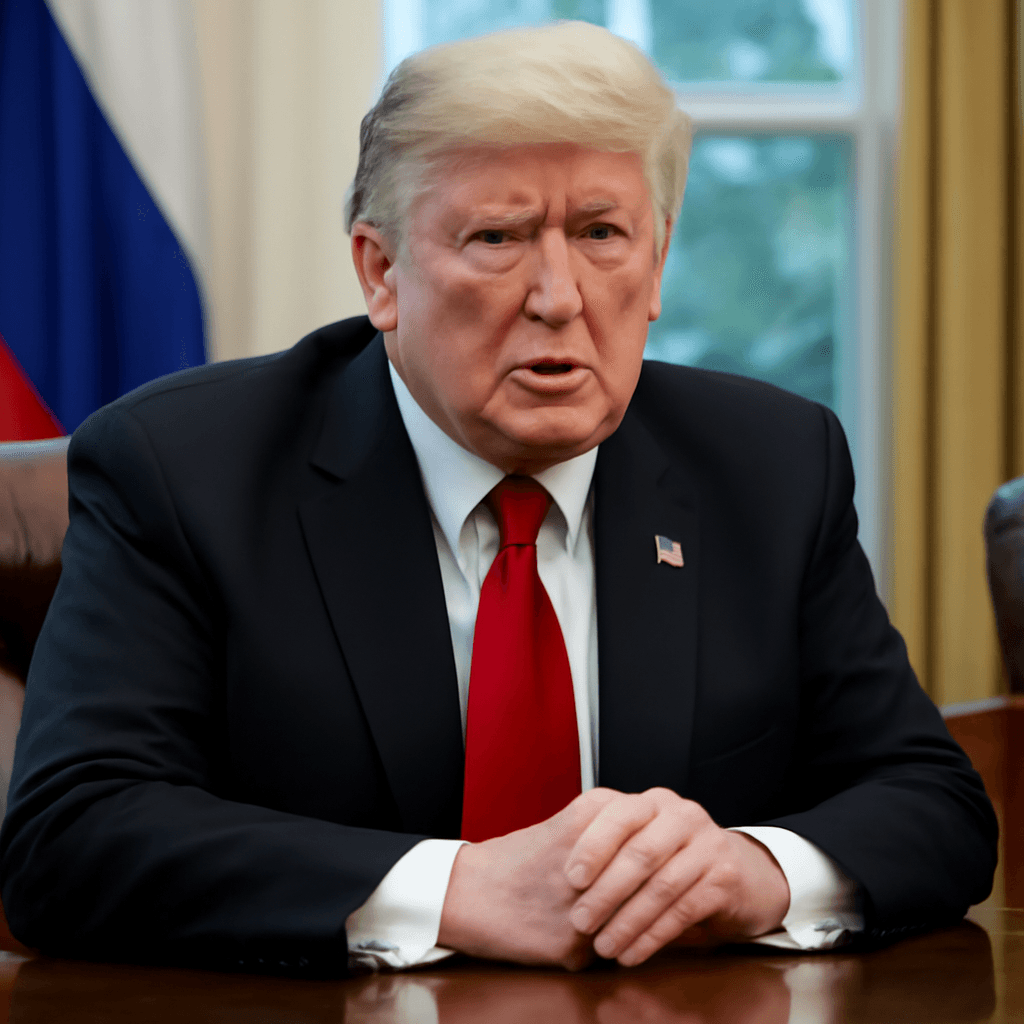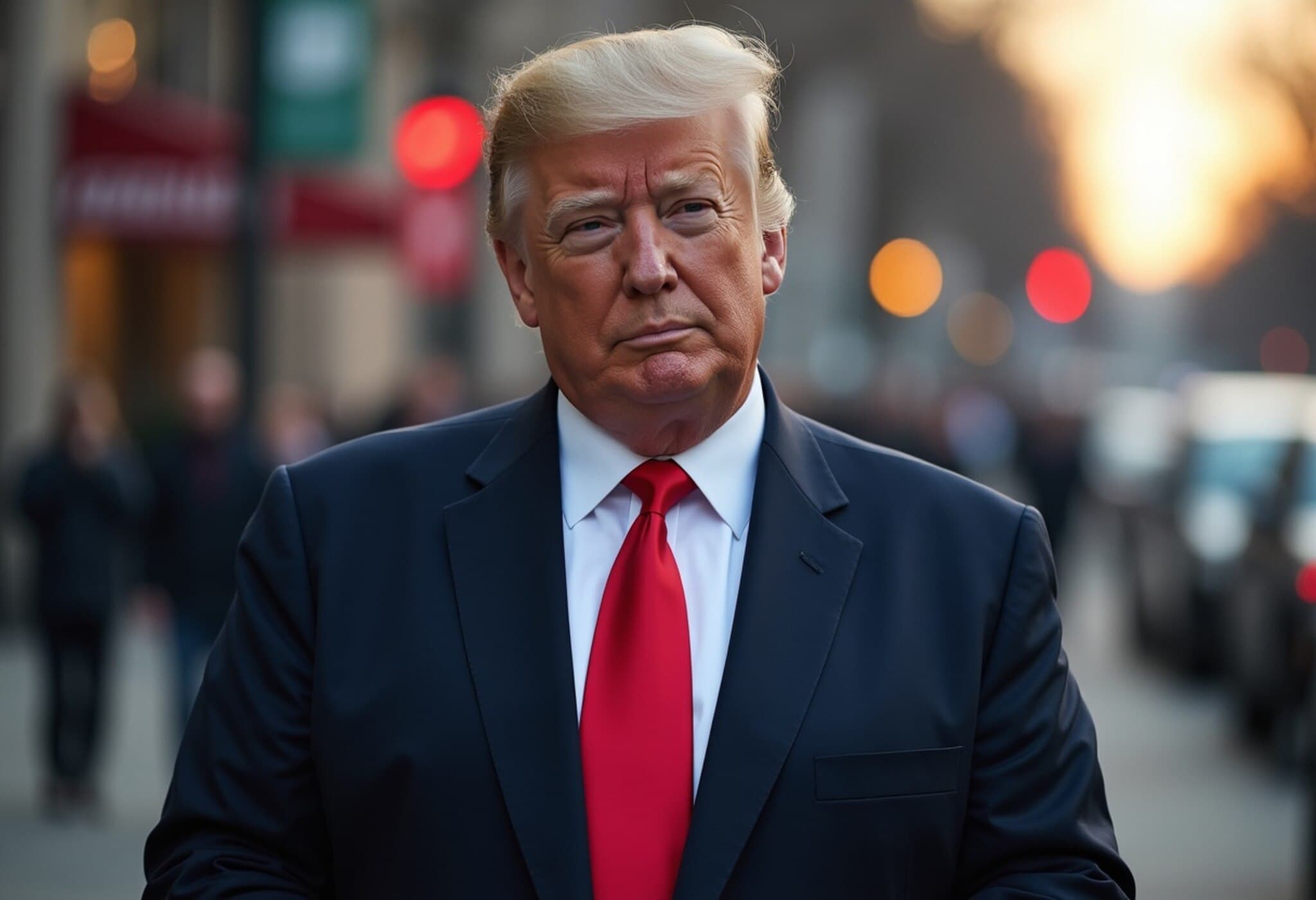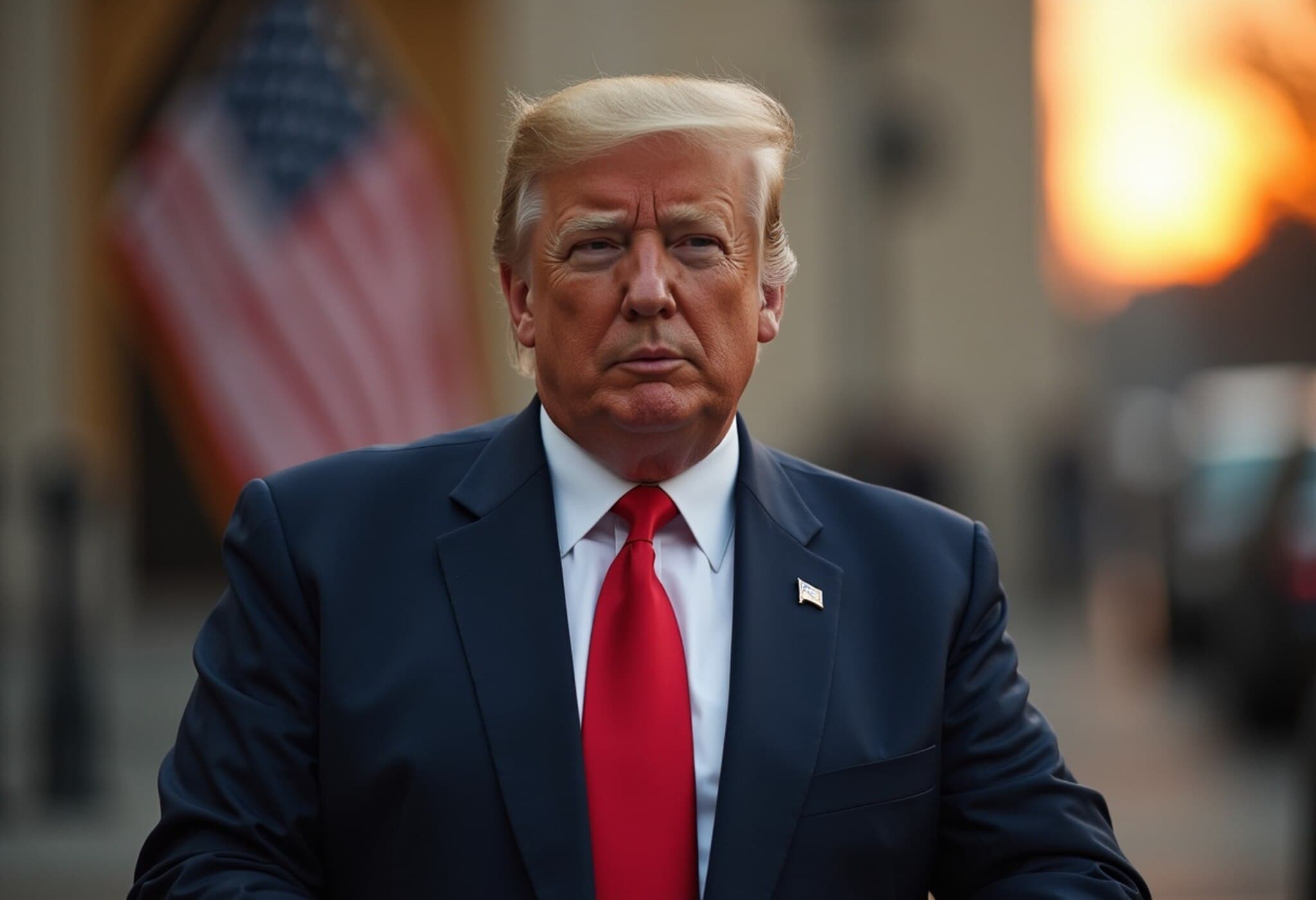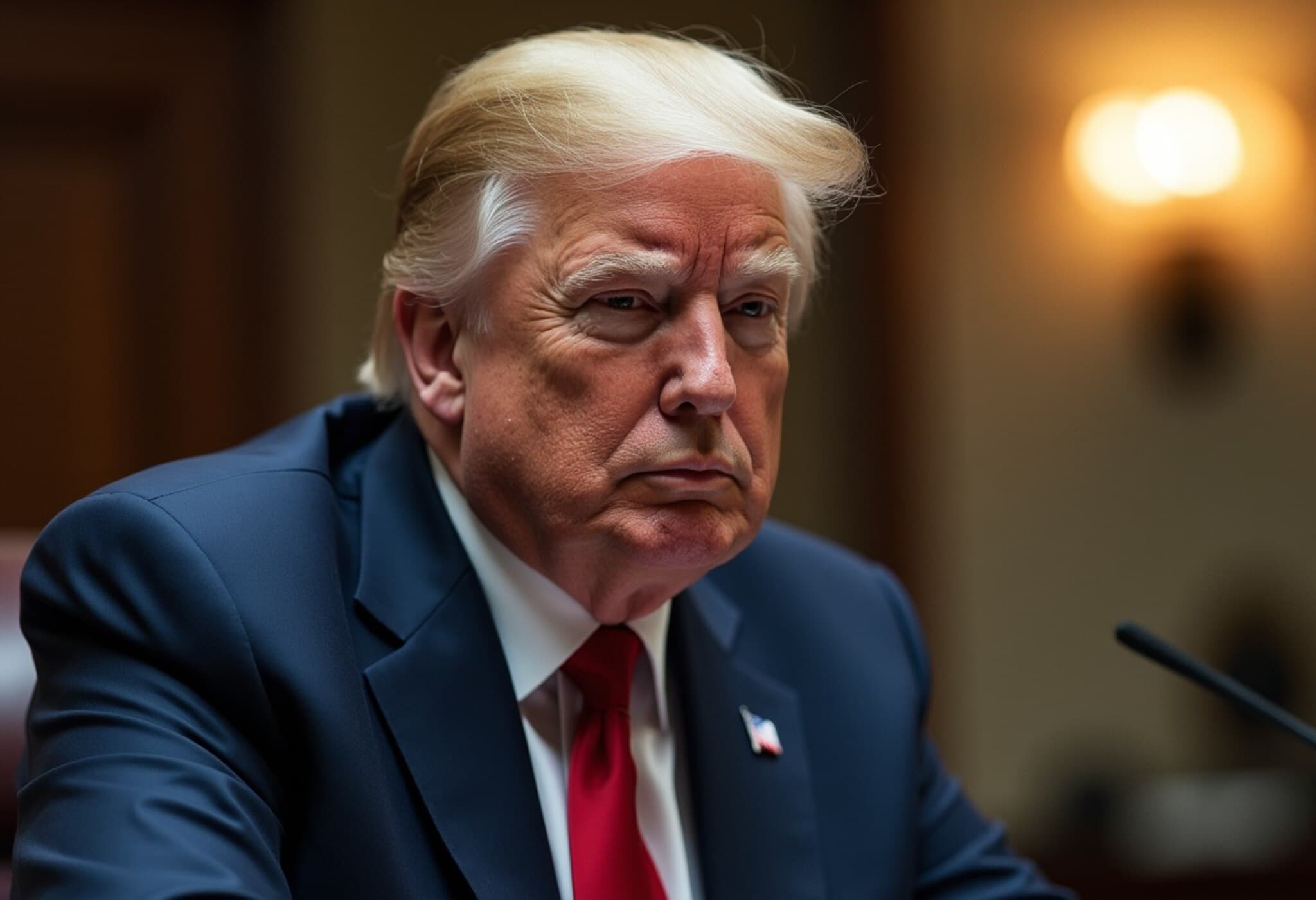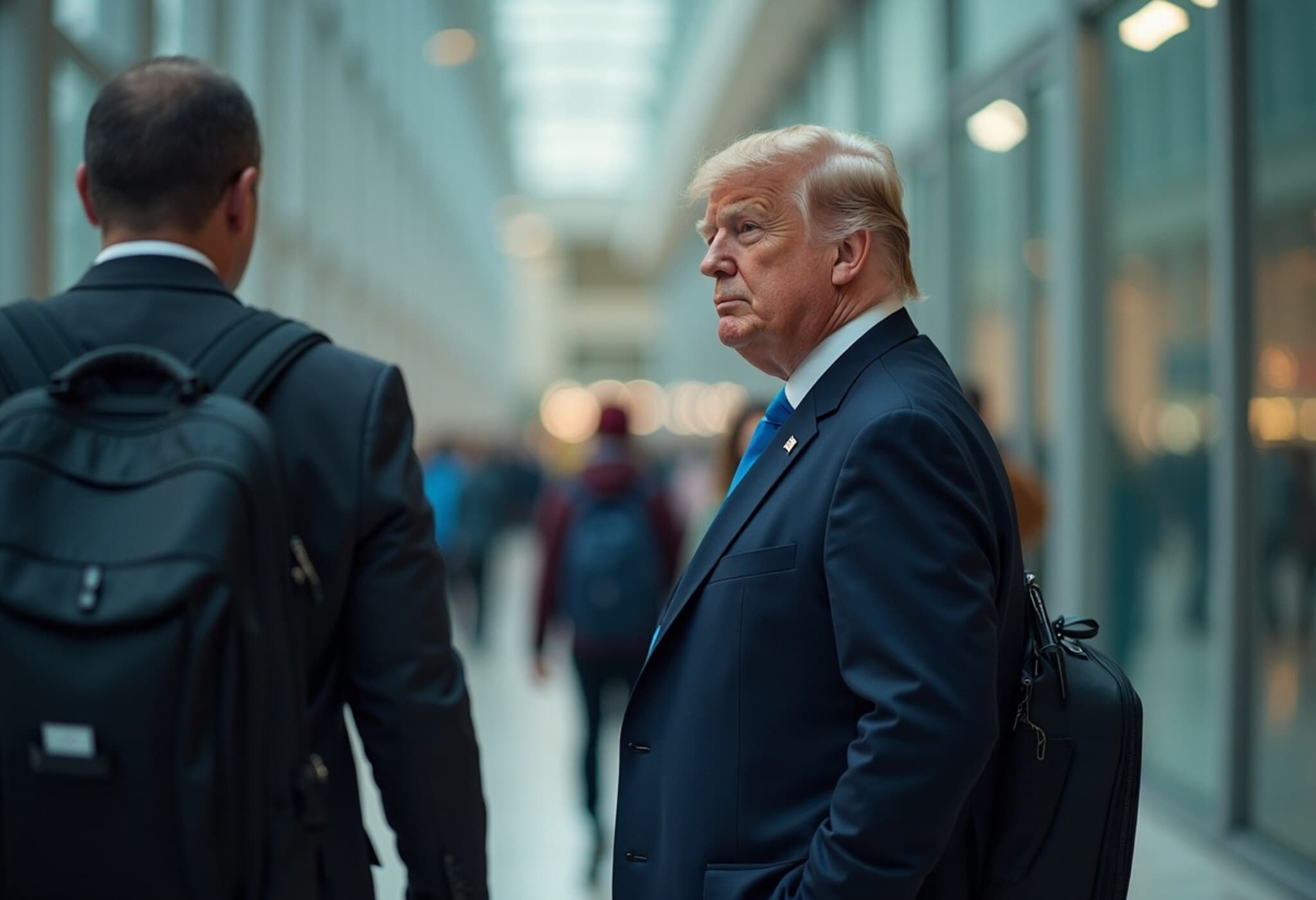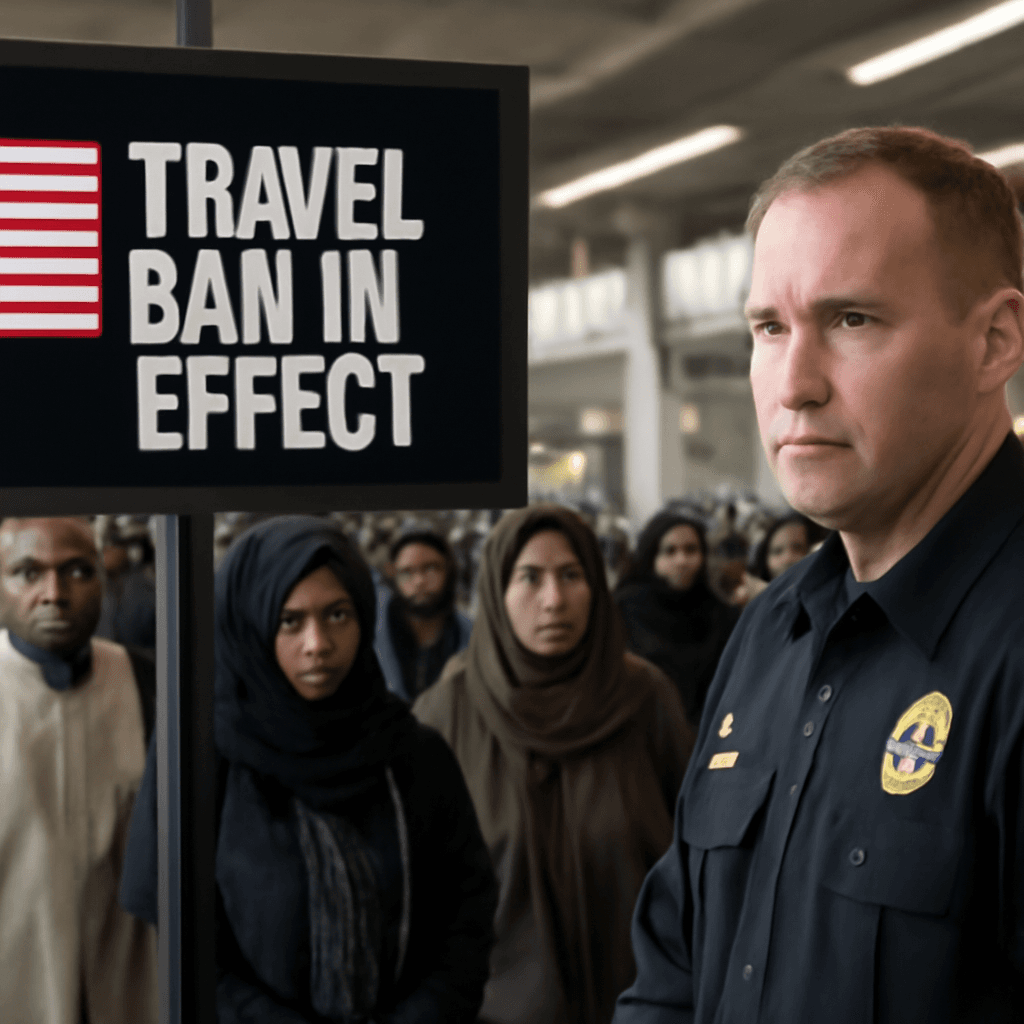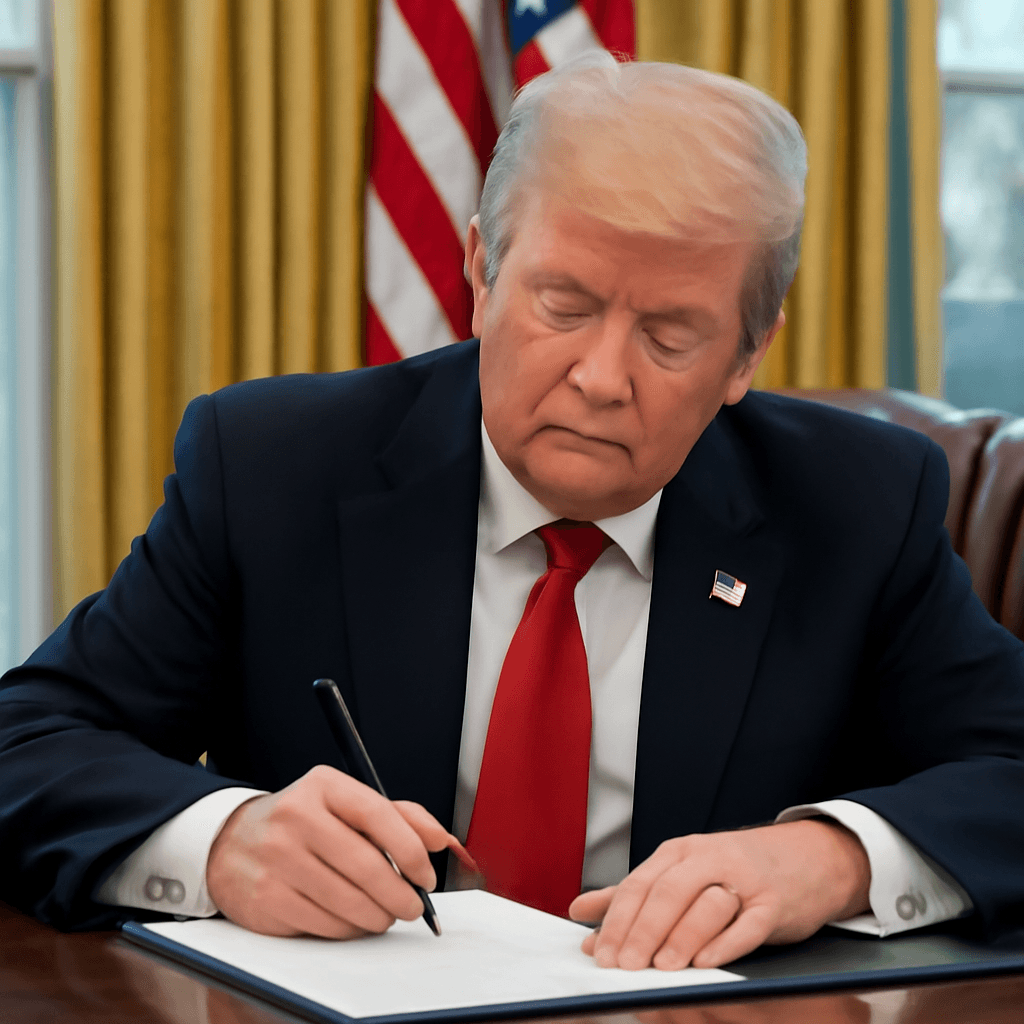Trump’s Travel Ban on 12 Countries Takes Effect Monday
Beginning at 12:01 a.m. ET (0401 GMT) this Monday, a sweeping travel restriction imposed by former President Donald Trump will bar entry to the United States for travelers from 12 countries. The order aims to strengthen national security by limiting access from nations deemed to pose a higher terrorism risk.
Countries Impacted by the Ban
The most stringent travel curbs affect Afghanistan, Myanmar, Chad, the Republic of the Congo, Equatorial Guinea, Eritrea, Haiti, Iran, Libya, Somalia, Sudan, and Yemen. Additionally, seven more countries—including Burundi, Cuba, Laos, Sierra Leone, Togo, Turkmenistan, and Venezuela—will face tighter restrictions but not a complete ban.
Rationale Behind the Restrictions
The administration justified these measures citing concerns that these nations harbor large terrorist networks, lack cooperation on visa and security protocols, struggle to verify traveler identities, and maintain insufficient criminal record systems. Moreover, these countries exhibit high rates of visa overstays by their citizens in the U.S.
As illustration, officials referenced a recent violent incident in Boulder, Colorado, where an Egyptian individual—despite Egypt not being on the banned list—attacked pro-Israel demonstrators with a gasoline bomb. This served to heighten security concerns prompting the ban.
Domestic and International Reactions
The travel ban echoes a similar order from Trump’s first term that targeted seven Muslim-majority countries, marking a continuing hardline stance on immigration and national security.
Reactions from affected countries and individuals ranged from shock to defiance. Chad’s President Mahamat Idriss Deby Itno publicly expressed his disapproval, announcing a halt on visas issued to U.S. citizens in retaliation. In a poignant statement, he emphasized Chad’s dignity and pride, contrasting it with wealthier nations’ offerings, such as Qatar’s gifts and investments.
Meanwhile, Afghans who worked with U.S. agencies voiced fears over their safety, as many hoped to resettle in the U.S. but now face potential threats and reprisal from the Taliban upon forced return.
Political Opposition and Human Rights Concerns
Back home, Democratic lawmakers condemned the ban, labeling it draconian and unconstitutional. Representative Ro Khanna notably asserted that all individuals retain the right to seek asylum, highlighting civil liberties concerns intertwined with the policy.
What Lies Ahead?
This travel ban sharpens the debate over balancing security needs with humanitarian obligations. As it unfolds, questions remain about its legal standing and the real-world impact on families, refugees, and diplomatic relations.

